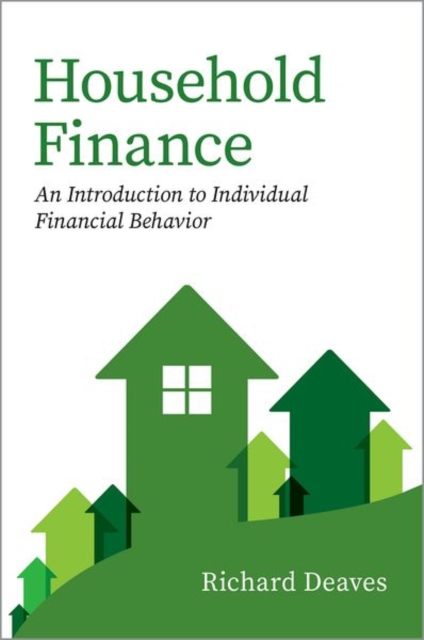Household Finance: An Introduction to Individual Financial Behavior speaks to both how people should and how people actually do make financial decisions, and how these financial decisions contribute to and detract from their well-being. Households must plan over long but finite horizons, have important nontraded assets, notably human capital; hold illiquid assets, particularly housing; face constraints on the ability to borrow; and are subject to complex taxation. Some households manage these goals and challenges independently, while still others delegate portfolio management. Household financial problems have many special features that differ from firms, investors, or the functioning of markets.
Author Richard Deaves covers the broad range of choices and goals in household finance both in the normative sense (i.e., what is best) based on conventional financial theory and in the positive sense (i.e., what is actually done) based on observing actual behavior. While modern finance builds models of behavior and markets based on such strong assumptions as the rationality of decision-makers, behavioral finance is based on the view that sometimes people behave in a less-than-fully-rational fashion when making financial decisions.
Deaves addresses important issues and puzzles in the field including financial illiteracy, whether education and advice can improve outcomes, intertemporal consumption optimization, consumption smoothing, optimal dynamic risk-taking, the stock market participation puzzle, the credit card debt puzzle, anomalous insurance decisions, mortgage choices, skewness preference, investments driven by availability and attention, local and home bias, the disposition effect, optimal pension design, and improving outcomes through nudging in a thoroughly international approach.











